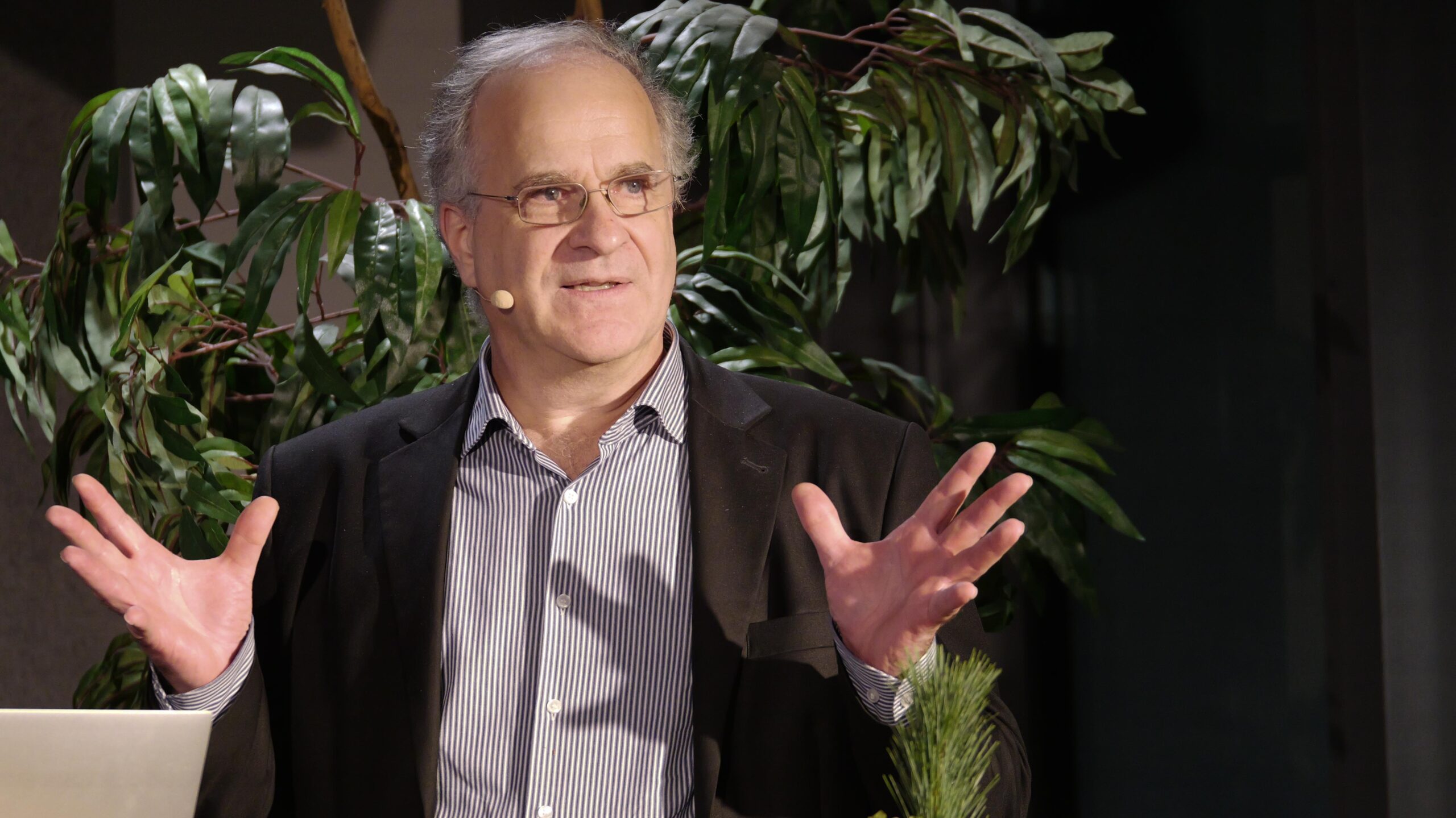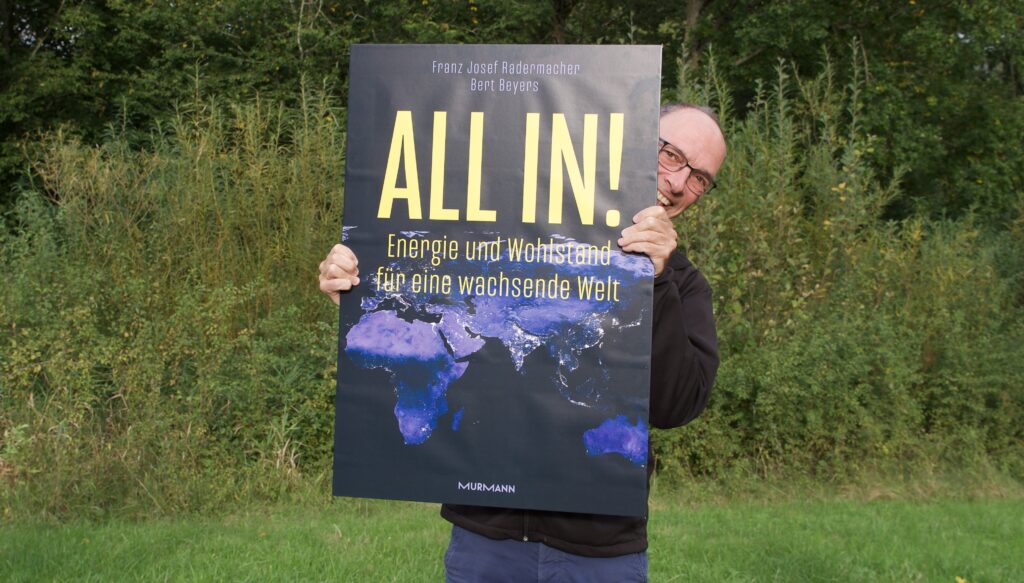At this point, some news of the last few weeks will be addressed which, from GES’ point of view, are reason for hope because they contain building blocks of a possible global solution and / or could help to develop a realistic view of the challenges ahead of us.
At this point, we pick up news from the last few weeks which, from GES’ point of view, give hope because they contain building blocks of a possible global solution and / or help to develop a realistic view of the challenges ahead.
Denmark wants to enter the carbon capture and storage (CCS) business on a large scale – with Norway as role model. The Danish authorities have now granted permits for two projects of injection under the bottom of the North Sea: Bifrost by TotalEnergies and Greensand by Eneos and Wintershall Dea. There is talk of up to 8 million tonnes of CO2 per year being stored from 2030. In Germany, the use of CCS is only permitted for research purposes. The export of CO2 from Germany is also not yet regulated by law.
What is green hydrogen? How is it produced? And under what conditions? The European Commission has now presented two new delegated acts on this topic. Among other things, the criteria of additionality and simultaneity have been relaxed. These stipulate when and how the green electricity for electrolysers that produce the green hydrogen can be produced. According to the new regulations, electricity from nuclear power plants may also be used for the production of green hydrogen.
When and under what circumstances is hydrogen considered “green”, “blue” or “low CO2? The International Renewable Energy Agency (IRENA) and the Rocky Mountain Institute (RMI) have presented recommendations in their report on how certification for the global market can succeed. In it, they distinguish between the “renewable pathway” and the “fossil pathway”. For the market ramp-up of the hydrogen economy, the question of certifying the CO2 profile of hydrogen is of crucial importance.
The Friedrich Ebert Foundation calls for a hydrogen import strategy in addition to the German hydrogen strategy. A global race for scarce electrolyser capacities is emerging. Therefore, a strategic approach to imports is crucial. The importance of the hydrogen derivative ammonia, which can also be delivered by ship, continues to grow.
The European Parliament has approved the practical ban on combustion cars – with 349 votes in favour to 279 against. Accordingly, only zero-emission cars and vans are to be newly registered from 2035. Meanwhile, however, the FDP is threatening to veto the EU compromise. Transport Minister Volker Wissing does not see the agreed conditions as fulfilled. In the meantime, the vote of the EU countries on the combustion car ban, which was planned for next week, has been postponed indefinitely. In addition, the federal government has made it clear for Germany that vehicles with combustion engines can be fuelled with e-fuels in future. This was not legally possible before. GES considers the fixation on electromobility for passenger cars to be a mistake. Here is our position paper on e-fuels.
As a result of higher gas and oil prices, oil multinationals are earning more than ever before. The energy company TotalEnergies experienced a 20 percent increase in profit last year to 20.5 billion US dollars. Shell also brought in its best-ever business result in 2022. Compared to the previous year, profits doubled to almost 40 billion US dollars. BP did similarly well.
Oil companies like ExxonMobil systematically downplayed the dangers of man-made climate change in their public statements in the 1970s. Scientists have once again highlighted the discrepancy between internal knowledge in the corporations and public pronouncements in the journal Science. According to the NewClimate Institute and Carbon Market Watch, many large companies adorn themselves with questionable climate targets. The Corporate Climate Responsibility Monitor provides an overview. One positive example is the shipping company Maersk. In the middle: Apple, H&M and thyssenkrupp. At the bottom of the rankings: Deutsche Post, Volkswagen and Mercedes-Benz.
Scientists argue whether it is too dangerous to use technical means to combat climate change (geoengineering). Now there is a European and a US initiative advocating research into solar radiation management.



